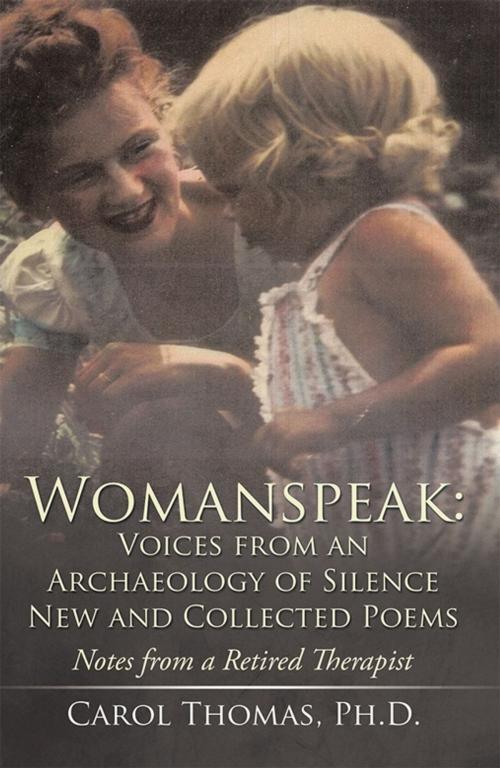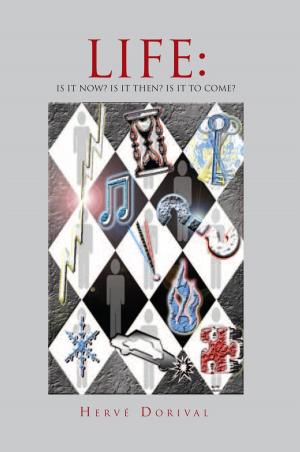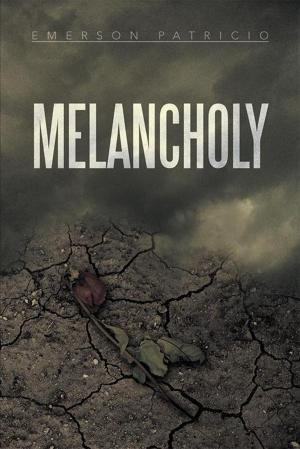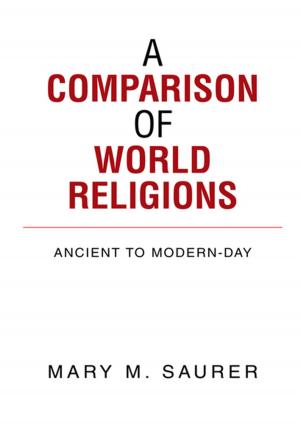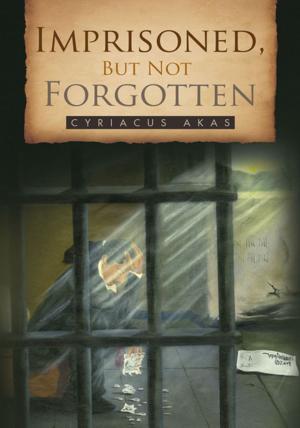Womanspeak: Voices from an Archaeology of Silence New and Collected Poems
Notes from a Retired Therapist
Nonfiction, Social & Cultural Studies, Social Science, Gender Studies, Feminism & Feminist Theory, Fiction & Literature, Poetry| Author: | Carol Thomas Ph.D. | ISBN: | 9781503565975 |
| Publisher: | Xlibris US | Publication: | May 13, 2015 |
| Imprint: | Xlibris US | Language: | English |
| Author: | Carol Thomas Ph.D. |
| ISBN: | 9781503565975 |
| Publisher: | Xlibris US |
| Publication: | May 13, 2015 |
| Imprint: | Xlibris US |
| Language: | English |
This book of poetry consists of new and collected poems, with an appendix that illustrates work I have done throughout the yearsoften when I was teaching creative writing or womens studies, and also when I was engaged in private practice with Shoreline Psychiatric Associates. The text represents a womans vision of her world, embodied, tactile, deeply sensuous, and erotic in the sense of being connected, wired to the universe. Before my recent retirement, I worked with multicultural and intriguing populations-women prisoners, drug court appointed adolescents, some of the 1 percent, and many of the 47 percent, as well as what some politicians would call a permanent underclass. A dual professional life in terms of both teaching and private practice has provided for me the richest, deepest learning environment one could hope for. The poems as well as the appendix attempt to illuminate and explicate the essence of womens engagement with herself, her relationships, and the world. The poems also explore her intelligences, epistemologies, theoriesher often quotidian delight as William Carlos Williams defines it. Womens experience echoes Whitmans expressions of his love of the natural world and his insistence on achieving a capacious imagination. My poems are feminist, in the way in which Virginia Woolf defined it in 1938, in her wickedly witty, antiwar, prowomen book, Three Guineas. Her use of the word was to suggest the egregious inequality between women and men. It is a brilliant treatise on the subconscious roots of patriarchy, and she observes that war is the plaything, constant and the deepest desire of men. Woolf had hoped the word feminist would become obsolete as equality, cooperation, and friendship would erase the term. In a volatile dispute discussed in her book as to whether women should be ordained into the English Anglican Church, its reigning body of officials brought in Professor Grensted, a well-known psychologist, to help in resolving the dissension and division. Ultimately, after much thought and study, Professor Grensted declared that there was no theological or intellectual reason that the women could not be ordained, but they should not be ordained due to the stress and agitation it would cause among the male clergy. In his conclusion, he noted that the real reason the women could not be admitted was mens infantile fixation against women, a fixation deeply unconscious and seemingly unchangeable, and an inseparable element of patriarchy. A woman was first ordained in the church in 2006, first female primate, in the Anglican community. Some contemporary religious traditions in America today continue with these issues. Currently, our nation, our earth is in crisisreferring to our perpetual wars, the depletion of the earth, and its millions of starving peoples all over the world. The poems in this book both critique our inability to accept truth and the natural world and the call to celebrate the gifts of womans livesmercy, insight, unequivocal generosity, keen sensibilities, new visions. Let us hope that 2015 ushers in and implements the values of each human, each species, every living creature, tree, rock, cloud, sun, sea as of infinite value.
This book of poetry consists of new and collected poems, with an appendix that illustrates work I have done throughout the yearsoften when I was teaching creative writing or womens studies, and also when I was engaged in private practice with Shoreline Psychiatric Associates. The text represents a womans vision of her world, embodied, tactile, deeply sensuous, and erotic in the sense of being connected, wired to the universe. Before my recent retirement, I worked with multicultural and intriguing populations-women prisoners, drug court appointed adolescents, some of the 1 percent, and many of the 47 percent, as well as what some politicians would call a permanent underclass. A dual professional life in terms of both teaching and private practice has provided for me the richest, deepest learning environment one could hope for. The poems as well as the appendix attempt to illuminate and explicate the essence of womens engagement with herself, her relationships, and the world. The poems also explore her intelligences, epistemologies, theoriesher often quotidian delight as William Carlos Williams defines it. Womens experience echoes Whitmans expressions of his love of the natural world and his insistence on achieving a capacious imagination. My poems are feminist, in the way in which Virginia Woolf defined it in 1938, in her wickedly witty, antiwar, prowomen book, Three Guineas. Her use of the word was to suggest the egregious inequality between women and men. It is a brilliant treatise on the subconscious roots of patriarchy, and she observes that war is the plaything, constant and the deepest desire of men. Woolf had hoped the word feminist would become obsolete as equality, cooperation, and friendship would erase the term. In a volatile dispute discussed in her book as to whether women should be ordained into the English Anglican Church, its reigning body of officials brought in Professor Grensted, a well-known psychologist, to help in resolving the dissension and division. Ultimately, after much thought and study, Professor Grensted declared that there was no theological or intellectual reason that the women could not be ordained, but they should not be ordained due to the stress and agitation it would cause among the male clergy. In his conclusion, he noted that the real reason the women could not be admitted was mens infantile fixation against women, a fixation deeply unconscious and seemingly unchangeable, and an inseparable element of patriarchy. A woman was first ordained in the church in 2006, first female primate, in the Anglican community. Some contemporary religious traditions in America today continue with these issues. Currently, our nation, our earth is in crisisreferring to our perpetual wars, the depletion of the earth, and its millions of starving peoples all over the world. The poems in this book both critique our inability to accept truth and the natural world and the call to celebrate the gifts of womans livesmercy, insight, unequivocal generosity, keen sensibilities, new visions. Let us hope that 2015 ushers in and implements the values of each human, each species, every living creature, tree, rock, cloud, sun, sea as of infinite value.
